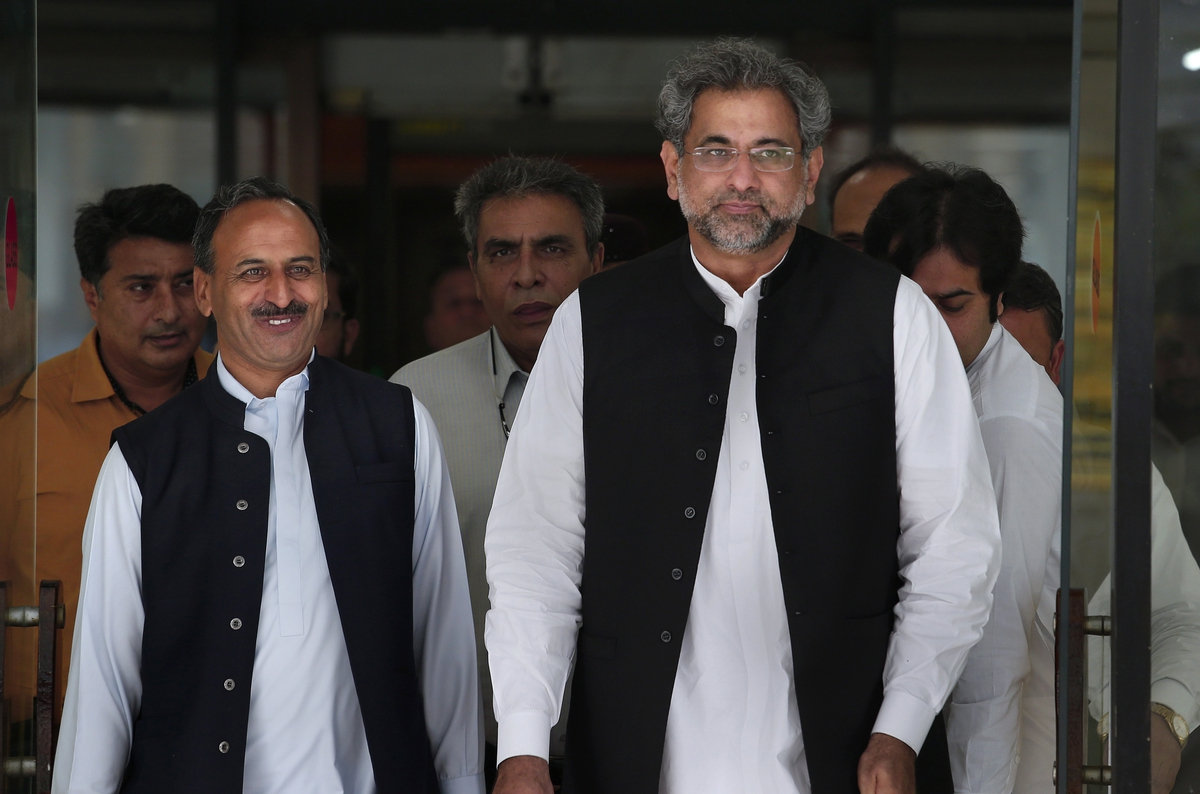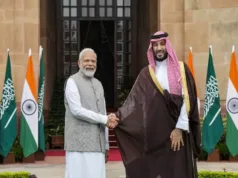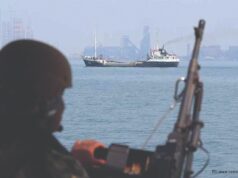
Pakistan Prime Minister Shahid Khaqan Abbasi has claimed that his country’s short-range nuclear weapons can counter India’s ‘Cold Start’ doctrine.
He made the statement in New York at an event organized by an American think-tank, the Council on Foreign Relations.
What is Cold Start Doctrine?
Cold start is a military doctrine that was developed by the Indian Army for use in a possible war with Pakistan. This doctrine involves various branches of the Army conducting offensive operations as part of unified battle groups.
The idea for the ‘Cold Start’ doctrine came after Operation Parakram which was launched after the terror attack on Parliament in December 2001. The operation exposed major operational gaps in India’s offensive power, including slow mobilization of troops along the border. Indian strike corps took almost a month to reach the border which gave Pakistan enough time to deploy counter-measures followed by international pressure.
Indian defence planners and military strategists crafted this doctrine after studying the 1967 Arab-Israeli War and Indo-Pakistani war of 1971. As per Cold Start declaration, offensive operations could begin within 48 hours after orders have been issued. Such a limited response time would enable Indian forces to surprise their Pakistani counterparts.
Pakistan, which is accustomed to international humiliation from time to time has also expressed concern over the greater role that Trump advocated for India in his new Afghan policy. The relationship between Pakistan and the US has soured ever since Trump came to power. In its new Afghanistan policy, the US recently accused Pakistan of “harboring agents of chaos” and providing safe havens to terrorist”.
The Pakistani prime minister has also demanded that the United Nations Security Council’s resolution on Kashmir, adopted in 1948, be implemented. The resolution calls for a cease-fire in the state, and a truce, among other things. “The implementation of the Security Council resolution will be a great starting point that will help address each other’s concerns and provide peace to the region and between Pakistan and India,” he said. “That’s the core issue between the two countries.”
Speaking at the United Nations Human Rights Council (UNHRC), India slammed Pakistan for breeding terror outfits on its soil and called the neighbor nation “the face of international terrorism” and a “terrorist manufacturing units”. India further asked Pakistan to shut down the terrorists’ manufacturing factories and bring the perpetrators of terrorism to justice.
Few days before, External Affairs Minister Sushma Swaraj deplored North Korea’s recent actions and stated that its proliferation linkages must be explored and those involved must be held accountable, the Foreign Ministry spokesperson Raveesh Kumar told reporters in New York.
Without naming Pakistan, the foreign ministry spokesperson said, “I think I am giving you enough material to try to figure out what we are talking about.”








